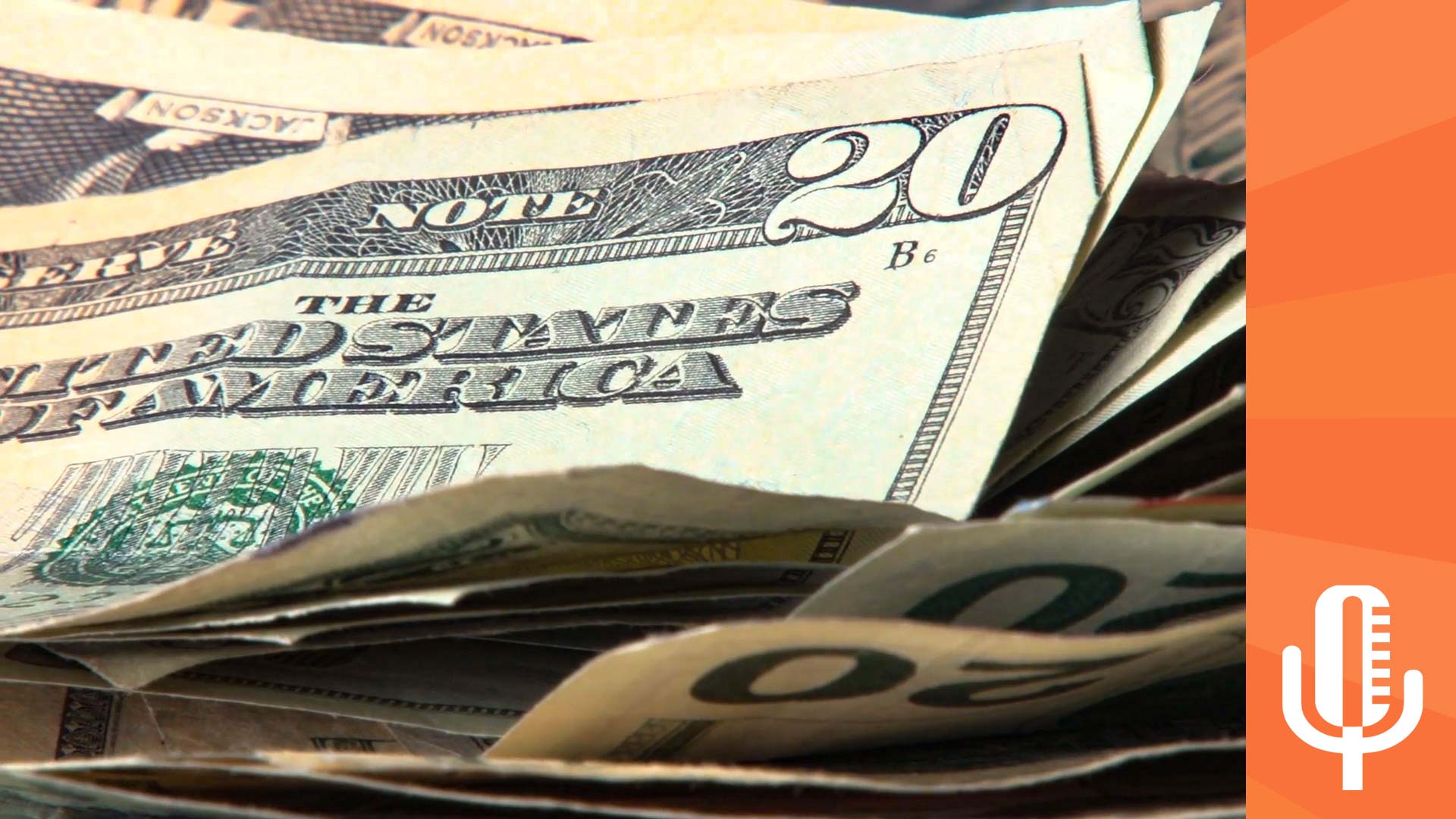 Low unemployment and below-average inflation led to a strong economy for Arizona in 2024.
Low unemployment and below-average inflation led to a strong economy for Arizona in 2024.
The Buzz for December 13, 2024

2024 was another solid year for Arizona's economy. Historic low unemployment, below-average inflation and growing GDP all show economic growth. But the numbers are starting to show a deceleration of growth. Those themes were central in a recent analysis that Dr. George Hammond, director of the University of Arizona's Economic Business Research Center, gave to an audience at the Eller Economic Business Luncheon.
"Everything is just settling down to more normal growth rates, and I think that's a big factor. We're still dealing with the hangover of the increase in interest rates. So that's still filtering through the economy. Even though interest rates have come down a little bit, they're still way above where they were before the pandemic began. So there's still that drag on the economy," he said.
The increase of unemployment from record-lows to abnormally low is one sign that could have mixed implications.
"That's a double edged sword from the employer's side. It's not so great, because you have to look really hard to find employees, and you're generally paying them more. But from the other side, it looks a little bit better because there are plenty of job opportunities out there, and employers are bidding up wages. The labor market is tight," said Hammond.
The rate of increase in housing prices are also moderating, which stands to benefit most people in the area.
"They're not rising at anything like the explosive rates of growth we saw in 2021 and 2022 so that's the good news. The bad news is that house prices are not falling either. Shelter costs are up about 40% in Phoenix, and I think it's probably similar here in Tucson, compared to where we were before the pandemic began. So housing affordability is still really a struggle. Households in Tucson are housing cost burdened relative to a median family income. It takes about 36% of that median family income to pay the mortgage on a median priced house in Tucson," he said.
The analysis' conclusions came with a notable caveat. Hammond's analysis was completed prior to last month's election. He said policies that are being proposed by President-elect Donald Trump could have a notable effect on Arizona's economic well being.
"Significant increases in tariffs, particularly on Mexico and Canada, as well as mass deportations, pose a significant downside risk to the Arizona outlook and to the US outlook, for that matter. Tariffs would hit Arizona exporters to Mexico, in part because Mexico would likely respond with tariffs of their own on our goods. It makes the goods that we're importing from Mexico more expensive."
That effect would likely be short term, while policies become a new normal.
"It's a short run effect, right? But unfortunately, we all live in the short run, right? The short run to an economist is 2, 3, 4, years, right? But that's a long time to face higher prices and diminished labor supply. In the longer run, tariffs might encourage more capital investment in the US."
An analysis by the event's other speaker, Gus Faucher, Senior Vice President and Chief Economist of the PNC Financial Services Group, echoed that sentiment when speaking about the national economy.
"There's a lot of angst out there amongst consumers, but when you look at the conditions, are actually pretty good. I think consumers have been hit hard by high inflation over the past few years. They're still still feeling the effects of that, but I think that the fundamentals for consumers still look pretty good," he said.
He said that inflation angst has been moderated by wage growth, but that too is slowing.
"A lot of the wage growth that we typically see comes from people who switch jobs. And one of the big reasons why you switch jobs is because you can get more pay somewhere else. What we've seen is that businesses have pulled back on their hiring somewhat. Layoffs are still low. So we don't see businesses dropping workers, but they're not hiring as much, and that's contributed to the slowing in wage growth to a pace that's more consistent with 2% inflation that is the Federal Reserve's objective over the longer run," said Faucher.
And his concerns circle back around to the same big caveat that Hammond mentioned, the uncertainty of what will come with a second Trump presidency.
"We have lots of questions. What's going to happen to tax rates? We have a corporate income tax cut that is set to expire in a year or so, and so what happens with that? What happens with immigration, that's going to be key to long run economic growth? What happens with, You know, the government programs that we've seen, like the chips and science Act, the inflation Reduction Act, that have been supporting growth, there so lots of open questions about that. You know, one of the big questions is, what happens with tariffs?"
He reiterated that changes, along with currently unstable geopolitical situations in the Middle East, eastern Europe and Asia, could have a big effect on a strong but slowing American economy.




By submitting your comments, you hereby give AZPM the right to post your comments and potentially use them in any other form of media operated by this institution.